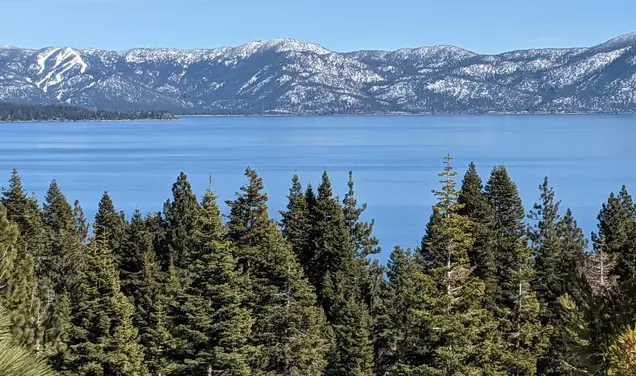Geosciences: Cause for Hope From the North Pole

Methane gas is 25 times more effective at trapping heat than is carbon dioxide, and scientists have worried that as the polar ice caps melt, they will cause excess methane to be dumped into the warming atmosphere. That could set off a vicious circle, as the melting of the ice caps hastens the rate of climate change, which in turn speeds up the melting.
Most of the research on the phenomenon, however, has concentrated on carbon-rich soils that form a relatively small part of the Arctic zone. Lau’s team set out to discover whether mineral soils containing less carbon, which make up 87 percent of the Arctic’s surface area, would produce just as much methane.
When Lau and graduate student Brandon Stackhouse incubated a soil sample in a sealed container in the lab, however, something curious happened: Within 30 days, all the methane in the air surrounding the sample disappeared. “We did not believe it when we saw it,” says Lau. “We did the incubation three times to make sure the methodology was fine.”
Rather than a methane source, the soil turned out to be a methane sink: It contained a still-unidentified bacteria that oxidizes methane, pulling it out of the atmosphere. Lau and Stackhouse, along with other researchers, reported their findings in an article published in ISME Journal last August.
Lau’s team repeated the experiment with a meter-long soil core sample and developed a computer model showing that if the temperature in the Arctic rises 5 to 15 degrees by the end of the century, the soil’s ability to oxidize methane will increase 5 to 30 times. If the bacteria is present in enough of the soil in the region, it may offset, or even reverse, the release of methane into the atmosphere. “We are in the process of estimating whether the Arctic region as a whole would be a methane sink,” Lau says.











No responses yet